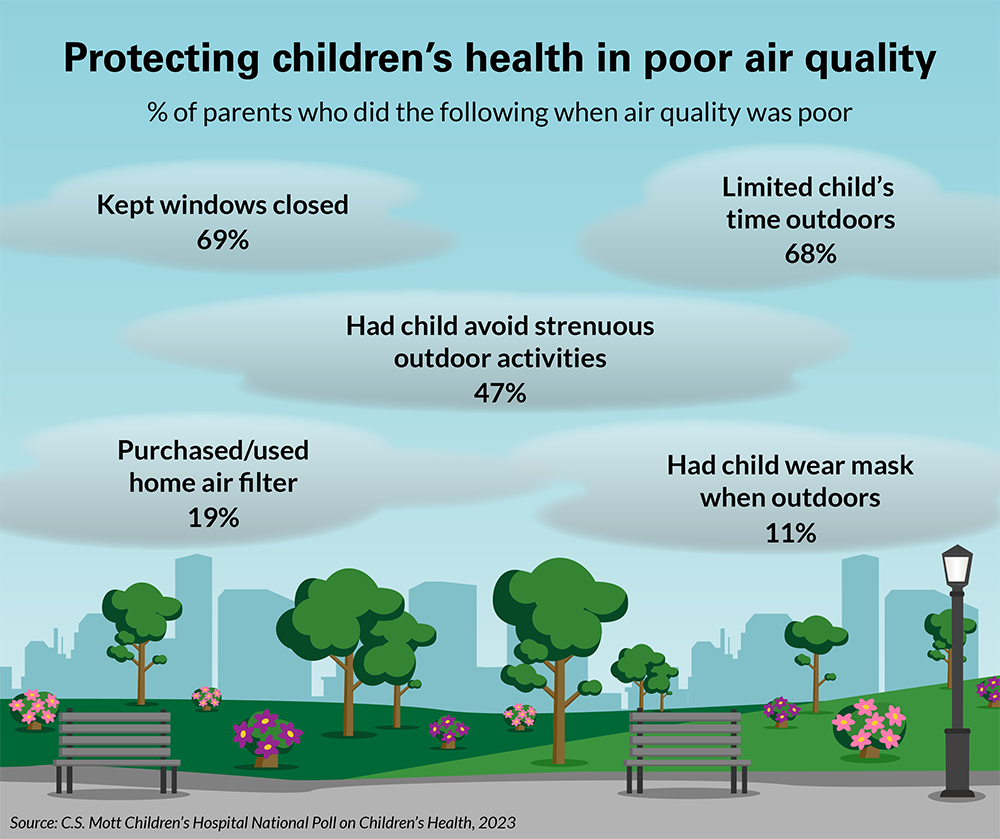Closer Look
Diversifying the midwife workforce — and addressing maternal mortality — could have a solution
There's an underused resource for reducing maternal mortality in the U.S.: midwives, especially from groups not well represented in medicine. Patients do better with racially concordant care, so adding diversity to the midwife cohort is an important piece of the puzzle in cutting maternal deaths. Black and minority midwives are underrepresented in a 90% white workforce even as Black women die at almost three times the rates as white women.
Here's the problem: Enrollment in midwifery programs has gone up significantly, but clinical placements for students continue to be scarce. Midwifery students must do up to 1,000 hours of clinical work, including attending births and doing exams of mother and newborns, before they can complete their degrees. STAT's Annalisa Merelli explores what could be a solution: The government could fund the education and training of midwives as it does with doctors. Read more.
climate health
Most parents worry about air quality for their kids

About 2 out of 3 parents are concerned about the quality of the air their children breathe, a national poll out today says. The University of Michigan Health C.S. Mott Children's Hospital National Poll on Children's Health asked parents if their families had experienced at least one day over the past two years with poor or unhealthy air quality where they lived. The survey was conducted in August, when wildfire smoke was in the news and in our skies. Most parents blamed the fires for the bad air, less than half pointed to the heat, and smaller shares pointed to pollen, elevated ozone levels, and industrial pollution.
About 18% think the poor air hurt their child's health, while only 21% of parents knew whether their child's school has a policy on unhealthy air. Most parents favor moving recess and phys ed indoors and canceling outdoor sports and activities, but fewer support encouraging children to wear masks outside.
first opinion
Lawyer: The government needs to protect patient privacy around substance use disorder
There's an argument to be made that consumer privacy may be getting better when it comes to data about our health, long after HIPAA entered the health care lexicon in 1996. But when it comes to online trackers, millions of Americans with online health information related to their drug use, treatment, or recovery are being left behind, Jacqueline Seitz of the Legal Action Center contends in a STAT First Opinion.
Thousands of apps and websites offer help, services that can be vital when in-person care is not an option. "Given the potential weaponization of this data and the importance of expanding access to health services for people who use drugs, it is hard to understand why HHS and the FTC are not using a powerful tool at their disposal: the HHS regulations at 42 CFR Part 2." Seitz argues this tool can provide the robust privacy protections people need. Read more.


No comments